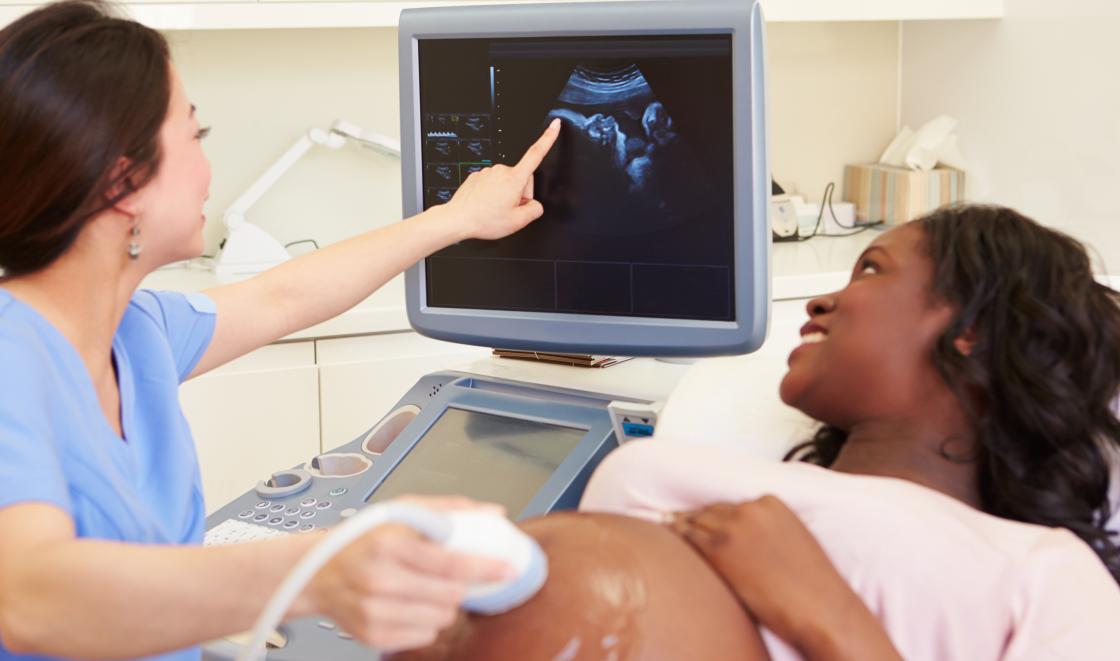How the research will be carried out
Our women’s health community advisory group (CAG) will contain up to eight members recruited via King’s College London’s university’s established women’s health patient public involvement (PPI) groups and partner charity Best Beginnings who work with studies that address topics of inequality in maternity services. It will include service users (women of all ethnicities including expert and lay PPI members), partner organisations (charities, religious and community groups representing women).
The CAG and the academic research team will form the research steering group (RSG) of the project, which includes a member of the ultrasound advisory group. The study has two parallel arms: an interview and focus group based qualitative study, and a priority setting partnership qualitative study (as outlined by the NIHR James Lind Alliance priority setting partnership, JLA PSP, process).
The aim is to understand BAME women’s perspectives of the facilitators and barriers to participating in pregnancy-related research that involves ultrasound or MRI scans. With these women, we will then create a top 10 list of the most important areas they want to be researched.
The research team will collaborate with the Society and College of Radiographers and Best Beginnings throughout the study. Service users have been involved from the start of the project planning and will be included throughout the research cycle.
Potential benefits of the study
Producing a deep understanding of how women may view participating in pregnancy research may assist in improving the study and recruiting planning at earlier stages of the research process, so that adequate inclusive practices improve representative research participant groups. The priority setting partnership will demonstrate a good model of co-production and could be useful for aspiring and practicing clinical academic sonographers, radiographers, ultrasound scanning midwives and fetal medicine specialists.
The study is funded by the Society and College of Radiographers and will be completed by 31 January 2022. It was adopted by ARC South London in November 2020.








